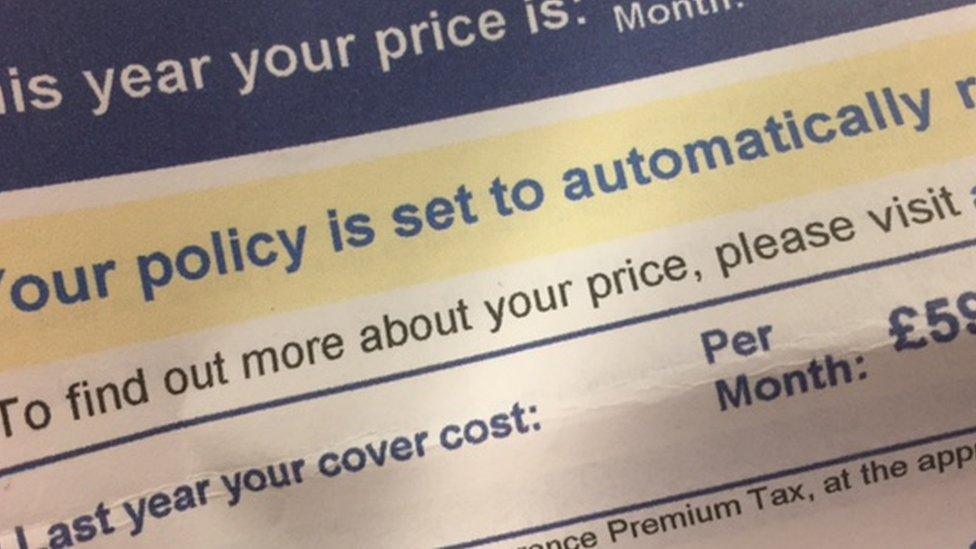Insurance gap penalises poor households
- Published
- comments

Sixteen million people in the UK have no contents insurance and have little in savings to replace damaged or stolen household items, a report has said.
The majority are tenants, with particular concern over a lack of cover for those in social housing, the Financial Inclusion Commission said.
The group of MPs, peers and charities found that 60% of those earning £15,000 or less a year had no contents cover.
One solution could be including insurance automatically with rent.
The insurance industry suggests that there has been low take-up of these kinds of schemes when trialled in the past.
The commission said that only a quarter of those in social housing had enough in savings to replace a washing machine.
Those on lower incomes were also at greater risk of burglary, arson and flooding than the average household.
Yet, the commission found that many struggled to secure affordable insurance cover and did not trust the insurance industry.
Options included automatically signing up social tenants for contents insurance, but giving them the chance to opt out. Other recommendations included projects to improve understanding of the insurance sector.
Sir Sherard Cowper-Coles, who chairs the commission, said: "The findings in this report are a reminder of the challenge we face in furthering financial inclusion.
"For many, insurance is an unaffordable or unobtainable safety net. Government must push for a strategy that widens access to quality cover, so that everyone has immediate access to a capital buffer in case of loss."
Basic needs
A spokeswoman for the Association of British Insurers said: "The insurance industry already offers affordable cover to the majority of social housing tenants via special schemes but take-up remains low.
"One of the main barriers which prevents people taking out cover is likely to be the squeeze on people's finances, with disposable household income falling."
Mick McAteer, founder of the Financial Inclusion Centre, said that commercial insurance companies could not sell products to low-income households that made economic sense.
"It is time to consider a universal service obligation for insurers to offer basic insurance package and bring back a proper social fund for low-income households facing emergencies," he said.
- Published3 November 2017

- Published11 March 2015

- Published18 July 2017
